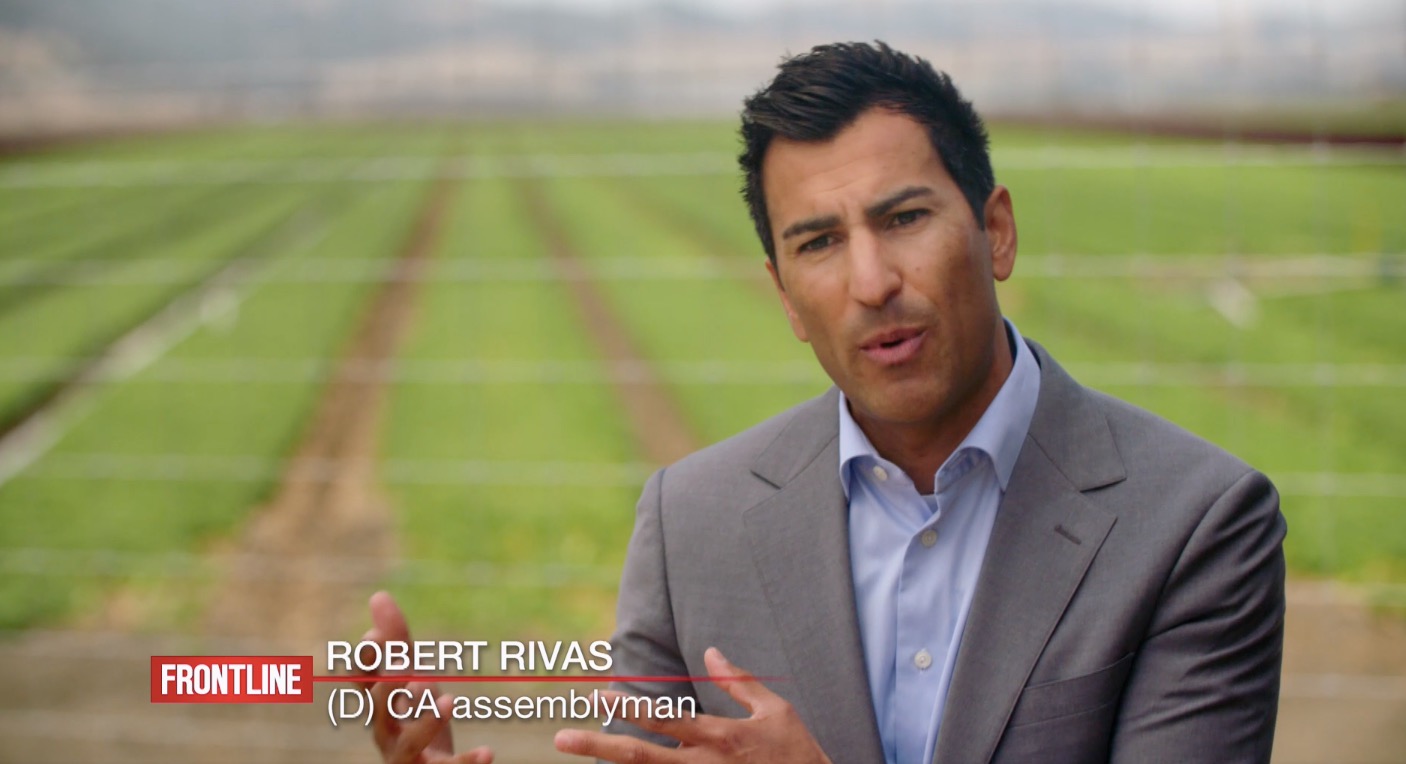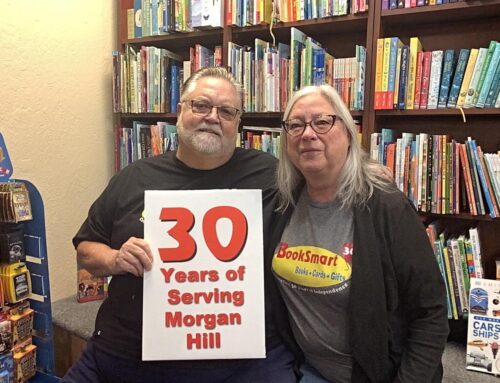Film highlights perils of farmworkers during global pandemic

By Staff Report
Assemblymember Robert Rivas’s advocacy for farmworkers was highlighted recently in a PBS Frontline film called “COVID’s Hidden Toll.” It shines a light on the need for greater protections for these essential workers.
Shown originally July 21, the documentary puts a spotlight on the tough current working conditions for many agricultural workers and an immediate need for greater worker protections. Rivas introduced a first-in-the-nation COVID-19 Farmworker Relief Package in the California Legislature in April and has been working with a variety of stakeholders since the start of the pandemic to address critical health, workplace safety, and economic issues affecting these essential, but vulnerable, workers.
“As shown by PBS Frontline’s documentary, which was filmed in and around Salinas in my district, many farmworkers live, commute, and work in overcrowded conditions that do not allow them to socially distance or self-isolate when sick or at risk for COVID-19 exposure,” Rivas said.
Many of these workers are not provided personal protective gear and lack adequate nutrition and healthcare while working for extremely low wages. The men and women who work in the fields to provide produce and other agriculture products for millions of Americans are vulnerable among our essential workers, he said.
“The outbreaks at meat-packing plants and other agricultural worksites investigated by PBS Frontline serve as prime examples of the rising and disproportionate numbers of COVID-19 cases in farmworker communities,” Rivas said.
Until the fundamental safety needs of these workers are consistently met, by both employers and government agencies, we can expect these outbreaks will continue, he said.
Rivas told PBS Frontline in the show: “I expected more from Cal-OSHA. I expected more from Federal OSHA, to really intervene and to do more in the way of insuring that there (are) industry-wide regulations to protect our farmworkers. Unfortunately farmworkers don’t have high-paid lobbyists, which makes passage of any significant legislation very challenging . . . Now that we have statewide guidelines in place — now that the governor has made the commitment to enforce those guidelines — is a step in the right direction.”
But Rivas explained the need for additional state action in the film: “And clearly when it comes to COVID-19, this discussion needs to be driven by data. Who’s infected? Where are they infected? Why were they infected? We need to do everything we can to acquire the data that’s going to help us make informed decisions, but also create and introduce legislation to address problems.”
The need for this type of transparency is one of the key issues highlighted by the documentary’s interviews with farmworkers.
“In the film, employees continued to go to work despite rumors of outbreaks at their workplace because they feared losing their jobs. Farmworkers discussed the impossible choice between risking their health or providing their families with food and shelter,” he said. “PBS Frontline made clear that any governmental protections will amount to nothing if agricultural workers are unaware of their rights or unable to exercise them without fear of retribution.”






